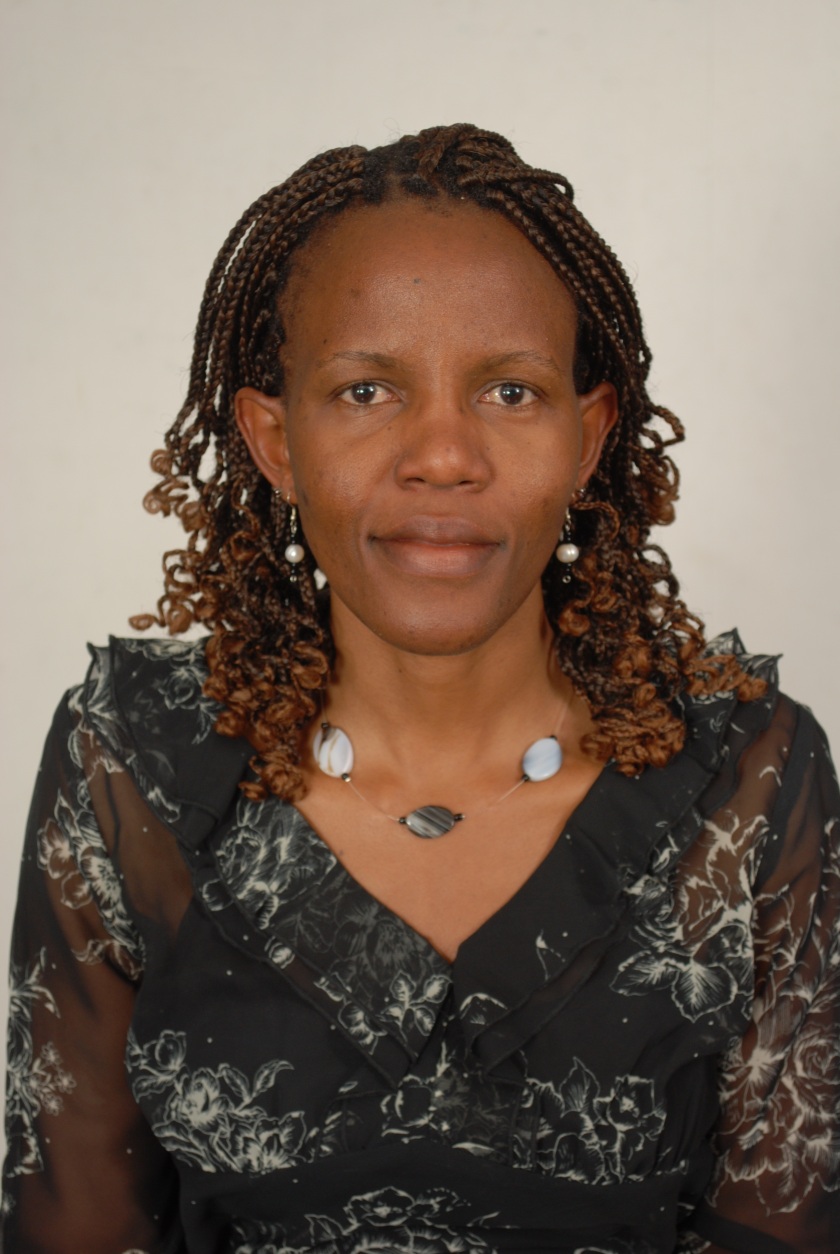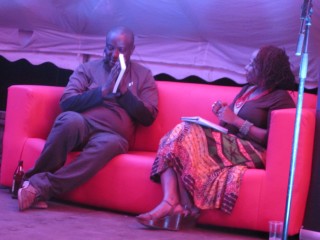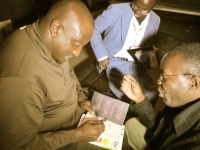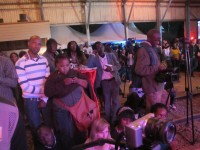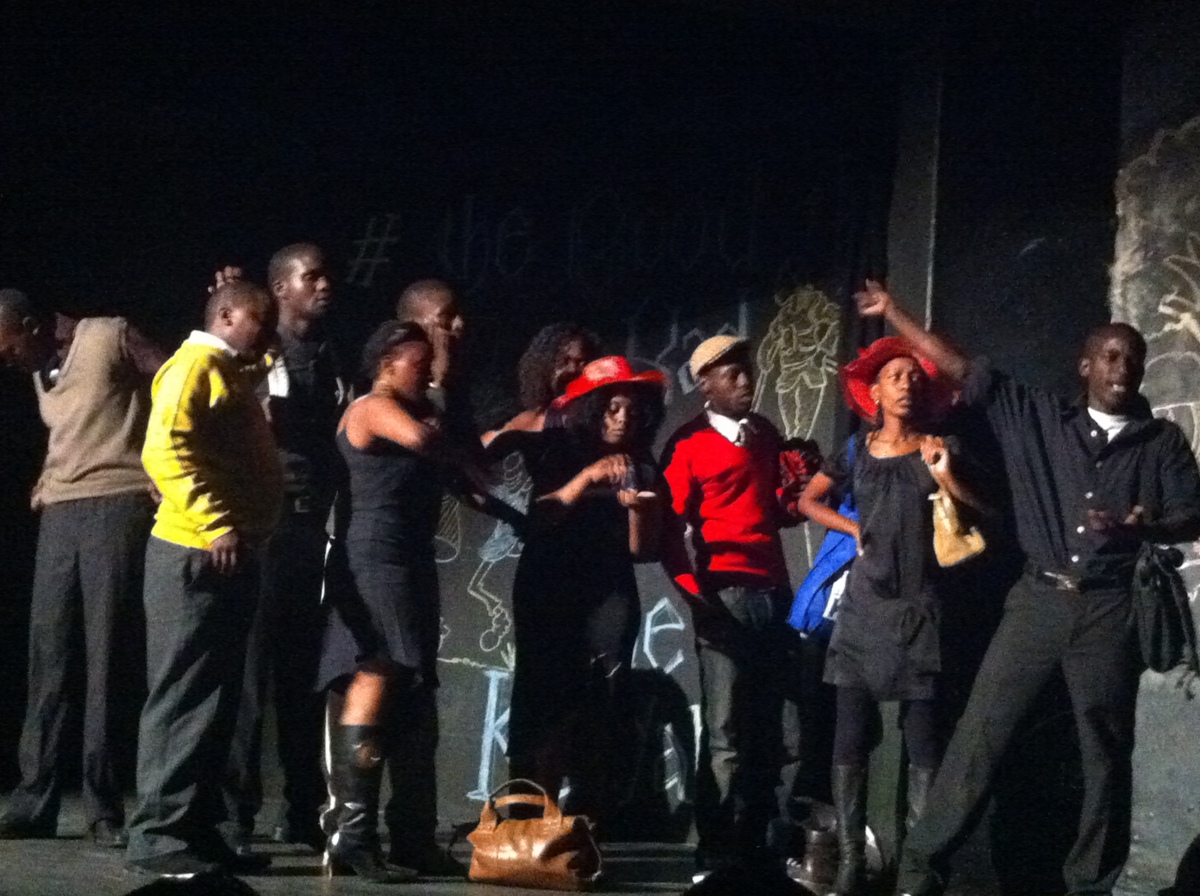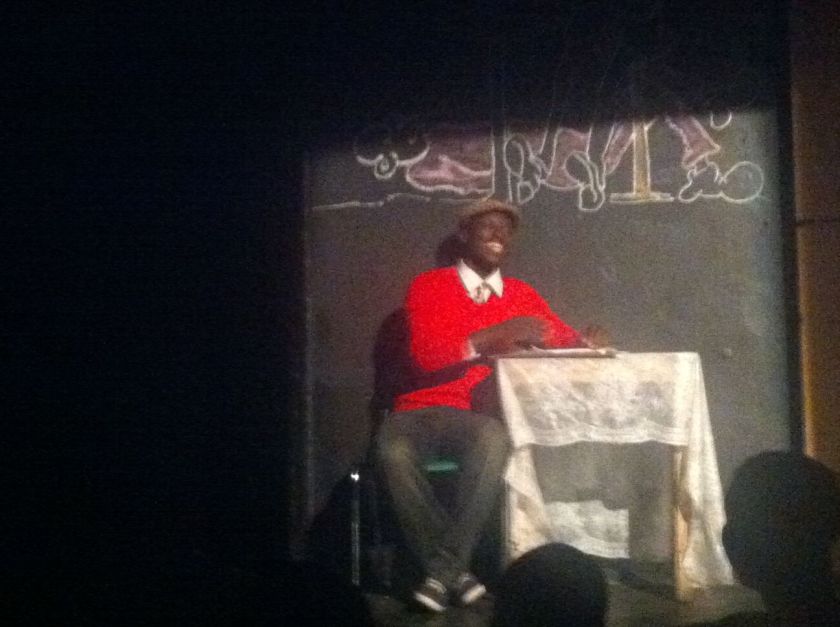Written by Eric Otieno
On the week that begun on Sunday 13thJune, 2004, I set out on a journey to Nairobi on foot from Mlolongo. Not that I was out to enjoy the dry landscape that surrounds the area, but I was running away from home, completely hopeless at life and tired of everything that was happening around me. My heart was messed up. I was all pale, turning 16 that Tuesday but I just wanted to die. With my walk-man in my pocket and the Sunday Nation in my right hand, I braved the tormenting distance, numb to the realization that I was really harming myself. I had been expelled from school at the time. I felt lost, and the constant quarrels with my parents only added salt to injury.
On this day mum quarreled me over my failure to fetch fresh water. We still had a challenge in getting the commodity those days in Mlolongo. I was on the wrong, but I hated the fact that she raised her voice to the roof each time she was unhappy with something. It was nagging. I had grown up that way but had never learnt to get used to it. So I decided to run away from that life, hence my on foot journey to the city. I never wanted anyone to know where I was going. The only money I had in my pocket was the twenty shilling coin that mum had given me to buy water with.
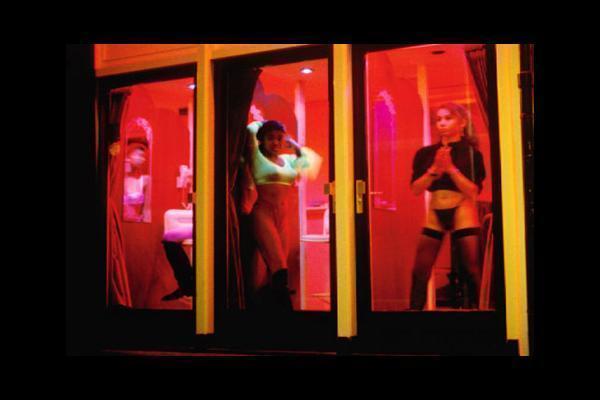
With a wrist watch on, I started out from around 5pm, focused on the road, of course very much aware that I had made a very nasty decision. I had no time to care. All I wanted was piece of mind – some peace.
It took me four good hours to reach the Nairobi Central Business District. It was just about to hit 9pm and I had not stopped to rest anywhere, after that grueling twenty kilometer walk. I felt like my legs were on fire. The city centre was scarcely populated, being a Sunday night. I was not hungry at all, perhaps out of the anger that boiled up in my stomach. The rest of that week was a perfect whirlwind.
I turned myself into a street boy without a single trace of regret. I felt I was free, free from the top voice scenes that made my eardrums scream. Nobody bothered me except the police on patrol who interrogated me once in a while. I felt happy, or at least shortly, but I sure felt the sense of freedom. I survived on milk and snacks shoplifted from supermarkets around town. Yes, it was that bad.
June is a cold month in Nairobi. I found a resting place just below Loita House. But I hardly rested. The wonderfully lit streets could not let me sleep. I walked through uptown, marveling at the beautiful scenes of light that unfolded right in front of my eyes. I had never seen anything like it. You would think I was this boy who had been damped in town fresh from the village. Tell you Alicia Key’s song with Jay Z – New York, makes a lot of sense to me. And then in the mélange of my escapades, my feet landed me on Koinange Street…
I came across these fleshy lasses covered up in miniature garments. Of course I had heard about them before, we had just never met. It intrigued me that the Holy Family Basilica Catholic Church stood right at the end of the street, just a few meters from where these beauteous ladies plied their dirty trade. I felt that was so ironic of life. I was scared inside, as I silently passed by them, thinking to myself that my father would kill me had he known where I was. They stood in groups, one after another, laughing out to the night, waiting for clients who mostly came in sleek cars. I realized just how much night life is fast. These were things I was witnessing for the first time, and at a very tender age.
Just as I thought I had passed them, I heard a soft voice call out,
‘Niaje boy! Mbona kukunja sura hivyo?’ (Young boy, why the stone face?).
I obviously knew I was the one being referred to so I tried to smile back at the direction where I heard the voice come from. They went on to ask me to stay with them instead of walking aimlessly. A request to which I could only oblige. Next thing I knew, I was already making friends. So I hang out with them during the nights. I did not understand why they liked me, but I felt a sense of belonging when I was with them. Perhaps because we all seemed to be lost, or were at least looking for something that was not found in the ordinary life. They could protect me each time the guards came to ask what I was doing sitting around there.
‘Huyo ni wetu’ (He is ours), they would say.
But each time the City Council van showed its skin or they heard rumors that the police were around, they would flee like scared birds, and I’d be left alone, ‘naked’. I saw a number of them get caught. They would show up again a few hours later, I think after bribing the askaris.
They told me how hard life was in the cold. That they did not like the fact that they had to do that job so I shouldn’t view them as evil women. That some of them were actually married and even had children, but their husbands did not provide for their families so they had to look for alternative means to sustain things. Life was crazy. It was funny seeing them report to ‘work’ in decent clothing before changing into their ‘work attire’. It was furthermore scary, but I came to realize that commercial sex workers are just normal human beings like the rest of us. They too have feelings and worries. They are learned and have a conscience too. But they need our help.
I am totally against that sort of life. It certainly is hazardous for anyone and everyone who indulges in it. How sad it was to see young, beautiful women getting wasted in the streets in the name of earning a living. Surely, dignity is greater than that.
If you thought that the trade only goes on in uptown, then you’re very much mistaken. Things get thicker but cheaper once you move to downtown. I saw it all.
That was eight years ago. I can only imagine what sort of a mammoth the trade has evolved into today. Well, I got out of the streets after some time. It’s another dramatic story altogether. These are my testimonies which I hope to tell people someday, that God can never let you go if He has plans for you in the future. We shall talk about it another day. I look back and ask myself what happened to those women. Are they alive? Are they still in it? Are they okay?
Nairobi mayor, George Aladwa, has been the talk of town lately. He made a statement recently citing that the City Council of Nairobi could review the laws concerning prostitution and its legality. Of course it did not go down well with majority of Nairobians, and you can be very much sure the rest of the country too, since we honestly do not want to follow the likes of the Netherlands and some parts of the USA. At least not for as long as Kenya remains in Africa.
While the mayor insists that the idea is only as far as a proposal, many Kenyans have imprudently interpreted it as already legalized, while protests against the vice rage on.
It is a fact, prostitution is very much thriving in Nairobi, and its roots are as deep as those of the Mugumo tree. It is impossible to phase it out by mere laws. The actions and strategies needed to dislodge the network must involve the sex workers themselves, and in goodwill for that matter. Nobody would like their daughter, friend, or wife to end up trading their body in neither the streets nor anywhere else.
But to begin with, does everyone agree that prostitution is a problem? Is Kenya really ready to embrace it yet? And while others take it as a human right, is it truly right? And will it even end either? Depending on your thoughts about these insights, what role can you play on an individual level to help out? Which way will you take, and why?
Whatever your decision, be Kenyan, true to your roots.
0.000000
0.000000

